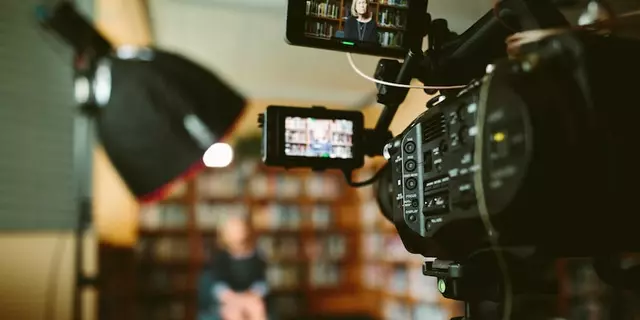What Prejudice Is and Why It Matters
Ever catch yourself judging someone before you really know them? That snap judgment is the core of prejudice – a quick, often unfair opinion about a person or group based on limited info. It sticks around because our brains love shortcuts, but those shortcuts can turn into real hurt for the people on the receiving end.
Prejudice isn’t just an abstract idea; it shows up in everyday moments. Maybe you avoid sitting next to someone who looks different, or you assume a coworker can’t handle a task because of their background. Those thoughts might feel harmless, but they create invisible walls that keep opportunities out of reach.
Where Bias Starts
Most of us pick up bias from the world around us – family talks, media stories, school lessons. When a news channel repeatedly points fingers at a community, we start seeing that group through a negative lens. Social media memes that mock a culture also plant seeds of prejudice. Over time, these seeds grow into solid beliefs that feel “normal” even though they’re anything but.
Our brain’s “pattern‑recognition” mode is handy for survival, but it doesn’t care about fairness. It groups people into categories to make sense of the chaos. That’s why stereotypes form: they’re simplified stories our mind repeats to save effort, not truth.
How to Spot and Break the Cycle
The first step is catching yourself in the act. When you notice a thought like “They’re always late” pop up, pause and ask: “Do I have real proof, or am I just repeating something I heard?” Writing down these moments can help you see patterns you’d otherwise ignore.
Next, swap the shortcut for a genuine connection. Talk to someone outside your usual circle, read a book that tells a different side of a story, or watch a documentary that challenges common myths. Real exposure shatters the blanket of assumptions.
Finally, turn awareness into action. Speak up when you hear a prejudiced joke, support policies that promote equal chances, and model inclusive behavior at work or school. Small actions add up, and they show that bias isn’t an unchangeable rule.
Prejudice hurts both the target and the holder. It narrows our view, blocks learning, and fuels division. By checking our thoughts, opening up to new experiences, and calling out unfairness, we can make everyday life a bit fairer for everyone.


